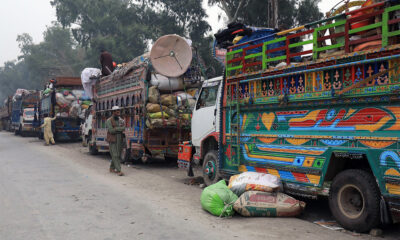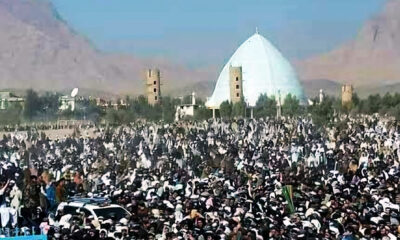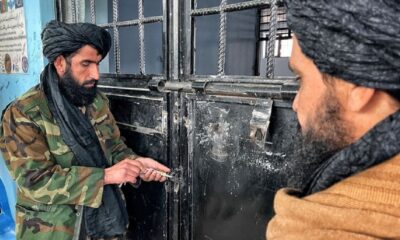Business
Renovation of Darul Aman Palace Almost Complete
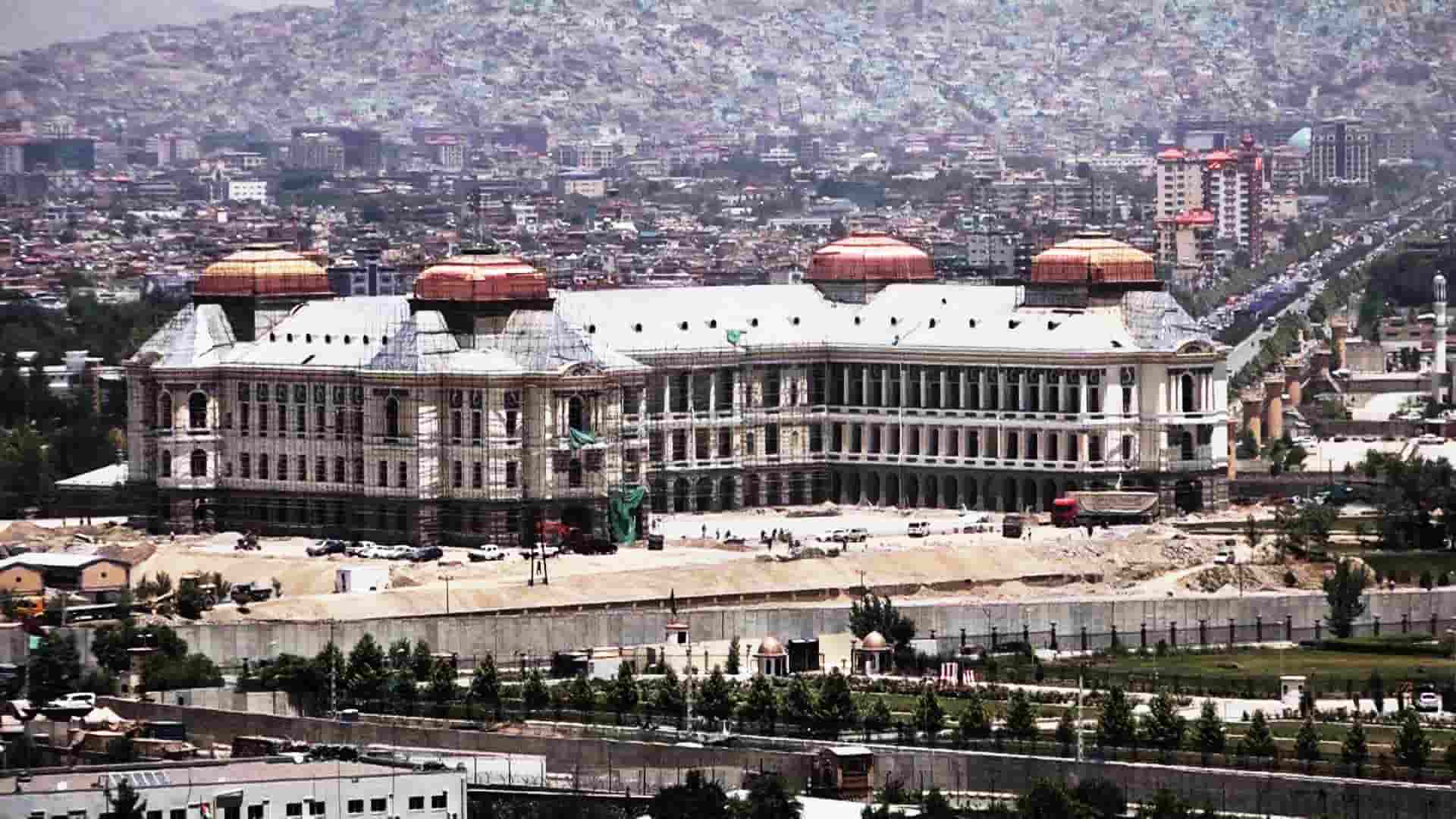
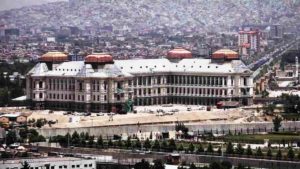 The reconstruction of Darul Aman Palace has completed 90 percent and will be ready to host the celebration of Afghanistan’s Independence Day in another two months.
The reconstruction of Darul Aman Palace has completed 90 percent and will be ready to host the celebration of Afghanistan’s Independence Day in another two months.
Darul Aman Palace was built during the era of King Amanullah Khan who ruled Afghanistan from 1919 to 1929.
Engineers say they have used materials produced in Afghanistan to rebuild this historical palace including marble from Herat province and wood from Kunar province.
Nearly 1,000 Afghans are employed by the project to rebuild the Darulaman and Tajbeg, the two historical palaces which were severely damaged during the civil war in Afghanistan.
“There was no foreigner advisor, engineers or labors in the project rather it was an Afghani movement,” said Abdul Rahman Atash, a government official who is overseeing the reconstruction of the project.
Officials said that the reconstruction of Darul Aman Palace cost nearly $10 million, two percent less than the amount which was predicted by foreign companies.
“The work of the [Darulaman] palace structure is completed hundred percent. I can say our project is completed 90 percent,” said Javid Huma, an Afghan engineer working at the palace.
Tajbeg Palace is a palace built in the 1920s to house the Afghan royal family and is located near the Darul Aman Palace.
Abdul Manan Mukhlis, another Afghan engineer working at the Tajbeg Palace said that the reconstruction of the palace is completed 80 percent and they are trying to complete it before the celebration of Afghanistan’s Independence this year.
President Ashraf Ghani inaugurated the reconstruction project of Darul Aman Palace in 2016 and said it was one of the main demands of Afghans to see the palace renovated.
The Afghan government is planning to use the palace as a museum upon completion.
Business
36 mining contracts inked over the past year: Mines ministry

The Ministry of Mines and Petroleum says it has signed 36 large and small mining contracts, with a total value of $1.3 billion over the past year.
Officials from the ministry stated that these contracts include 10 large mines, 25 small mines, as well as projects related to cement, salt, marble, and a major gas extraction contract with Uzbekistan, all signed with both domestic and foreign companies.
Meanwhile, economic experts have emphasized the importance of increasing investments in the mining sector for the country’s economic growth. They have stressed that priority in mining contracts should be given to domestic companies.
“It is better to prioritize domestic investors over foreign ones,” said Kamaluddin Kakar, an economic expert.
In the meantime, members of the private sector also stated that if both foreign companies and Afghan investors can partner in the mining sector, this will not only foster investment development in the country but also bring positive changes in capacity building within the mining extraction sector.
Business
Afghanistan ships first consignment to Europe via Khaf-Herat railway
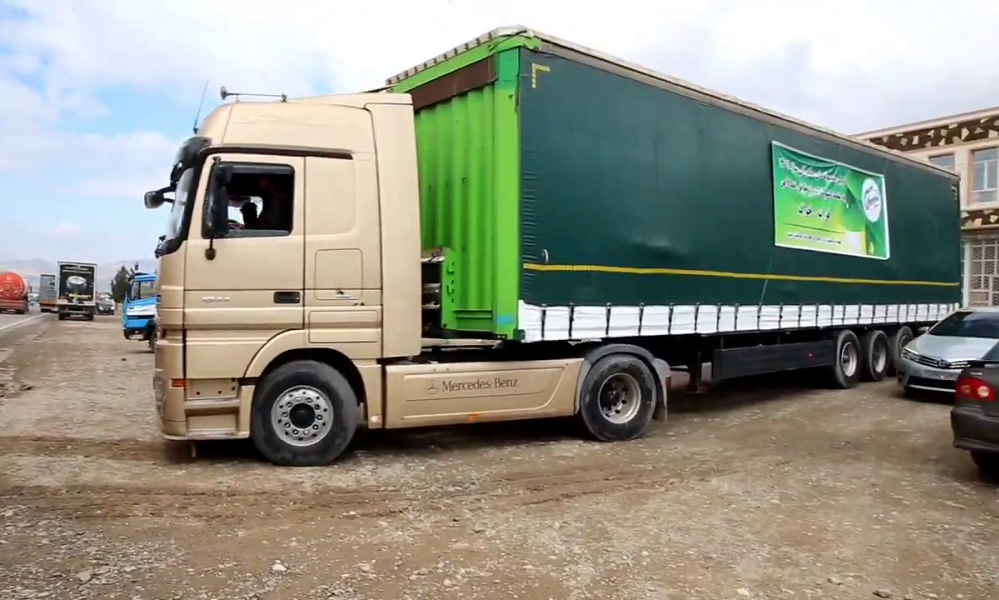
The press office of the Herat governor has announced the export of Afghanistan’s first shipment via the Khaf-Herat railway to Europe.
According to a statement from the office, the shipment includes 200 tons of dried fruits worth $1.2 million, which were exported to Turkey and Europe through the Khaf-Herat railway in the presence of Islam Jar, the governor of this province, and the Iranian Consul General.
The exported dried fruits in this shipment include pistachios, raisins, almonds, and pine nuts.
The statement added that over the past three months, more than 35,000 tons of goods have been transferred via the Khaf-Herat railway.
Business
Russia’s LPG exports to Afghanistan boom as Europe shuns it
The exports to Afghanistan, the main consumer of Russia’s LPG in the region, rose by 52% for the period to 71,000 tons.
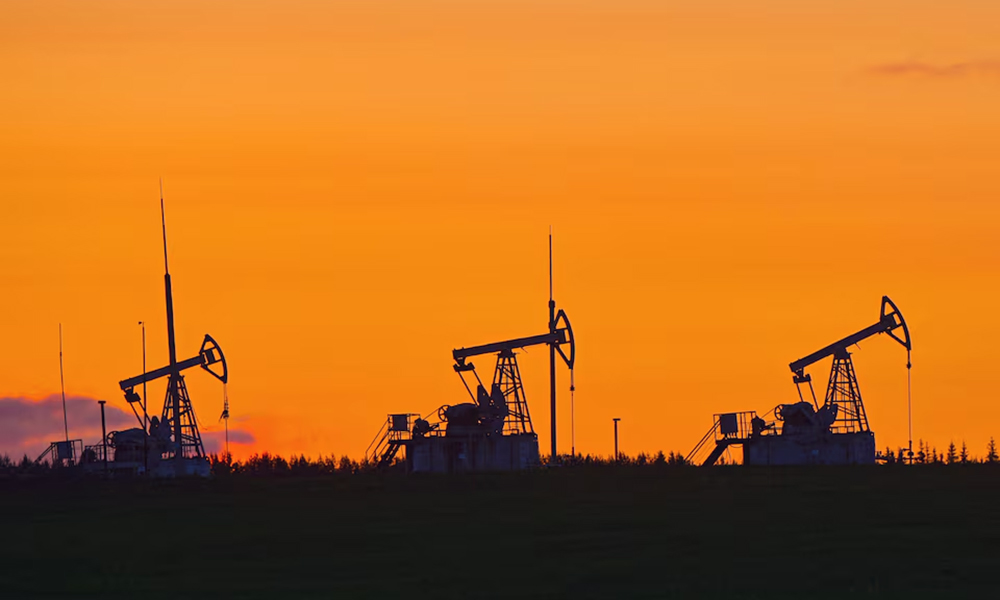
Russia’s exports of liquefied petroleum gas (LPG) to Afghanistan and ex-Soviet states in Central Asia have jumped following introduction of European Union sanctions against Moscow at the end of 2024, industry sources said on Wednesday, Reuters reported.
The European Union’s sanctions against Russia’s LPG over the war in Ukraine took effect on December 20. The restrictions were proposed last year by Poland, one of Russia’s largest LPG importers.
LPG, or propane and butane, is mainly used as fuel for cars, heating and to produce other petrochemicals.
According to the industry sources, railway supplies of LPG from Russia’s plants, including the Kazrosgas joint venture with Kazakhstan, jumped to the region by 80% year on year in January – February to 140,000 metric tons, read the report.
The exports to Afghanistan, the main consumer of Russia’s LPG in the region, rose by 52% for the period to 71,000 tons.
Traders expect great scope for more supplies to Afghanistan, where annual demand for LPG is seen at around 700,000 tons per year.
-

 Sport5 days ago
Sport5 days agoAfghanistan eliminated from Asian Beach Soccer Championship
-

 Latest News5 days ago
Latest News5 days agoNorwegian Refugee Council cuts back on essential humanitarian services in Afghanistan
-

 World4 days ago
World4 days agoSecretive Chinese network tries to lure fired US federal workers, research shows
-
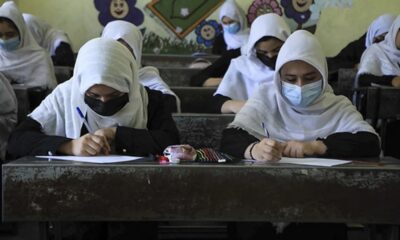
 Latest News5 days ago
Latest News5 days agoUN warns over 4 million Afghan girls will be deprived of education by 2030 if ban continues
-
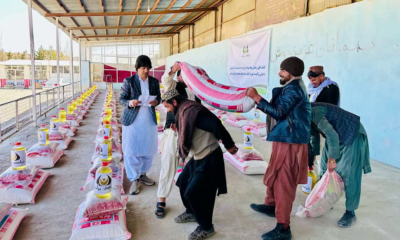
 Latest News5 days ago
Latest News5 days agoDozens of needy families in Ghazni get much needed food aid from Bayat Foundation
-

 Latest News4 days ago
Latest News4 days agoAfghanistan has the right to access Amu River’s water: Uzbek minister
-

 Sport5 days ago
Sport5 days agoAFC Asian Cup 2027 Qualifiers: Myanmar defeat Afghanistan 2-1
-

 Latest News3 days ago
Latest News3 days agoAmnesty international urges Pakistan to halt Afghan deportations


